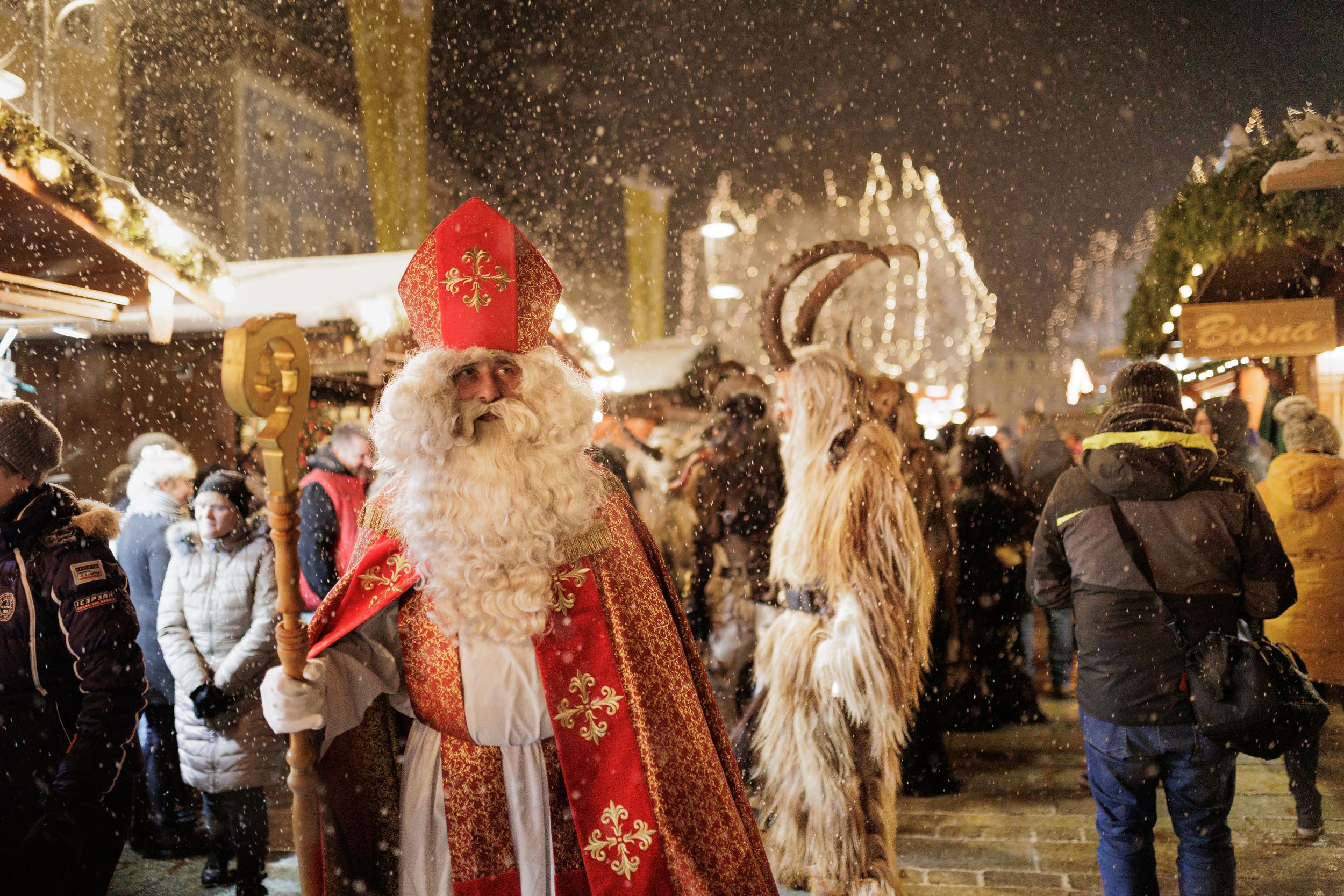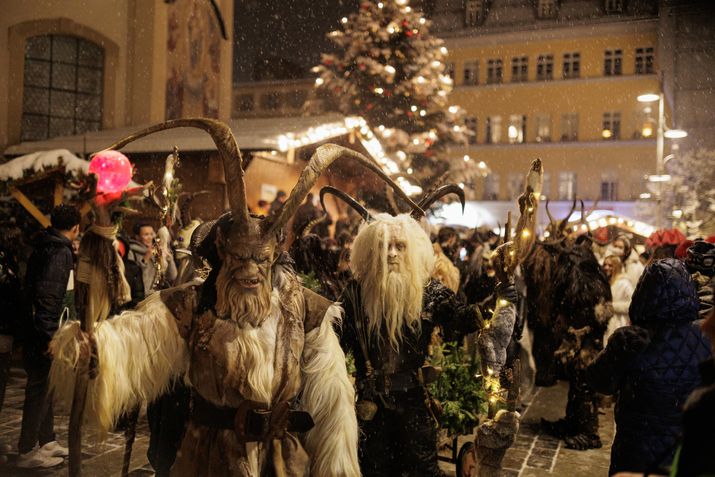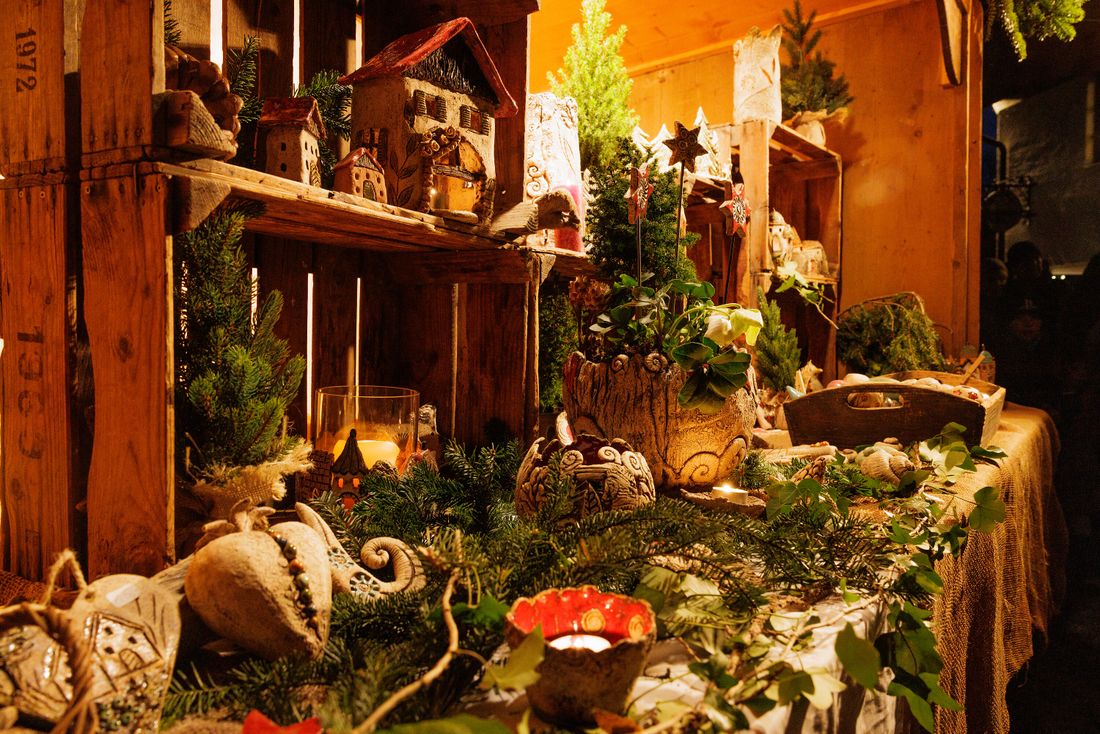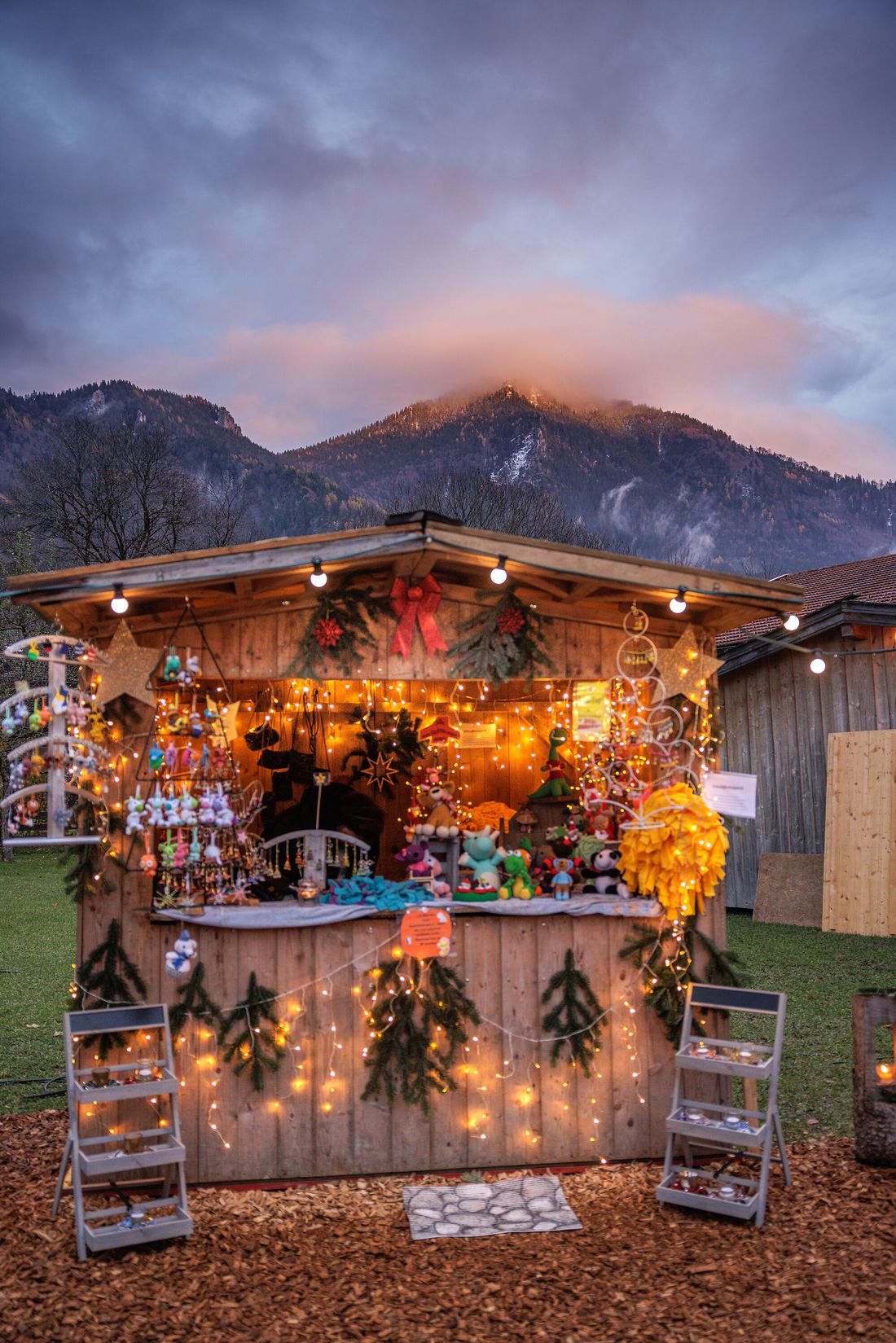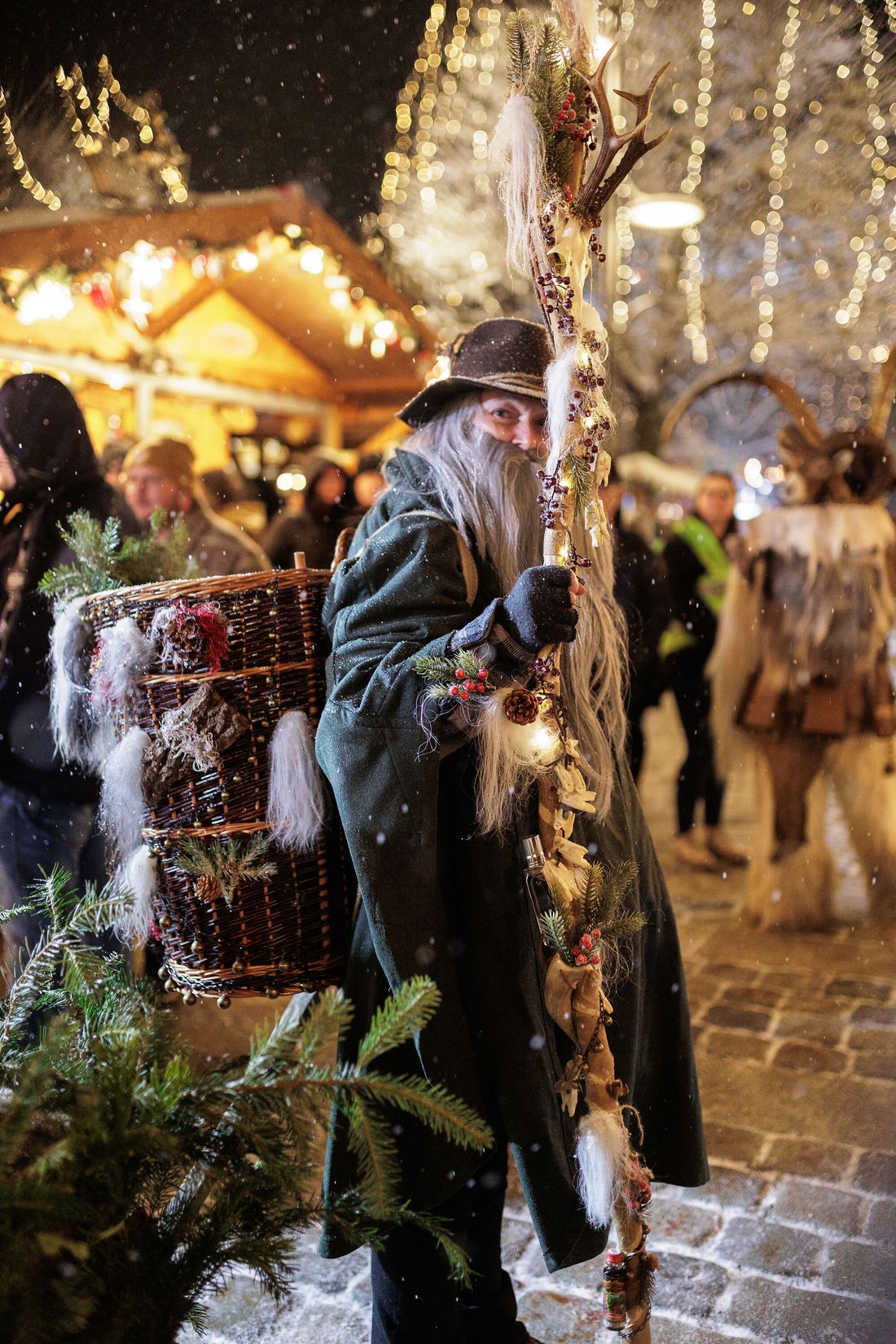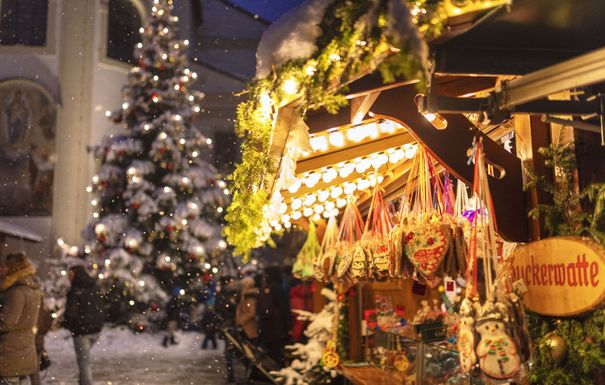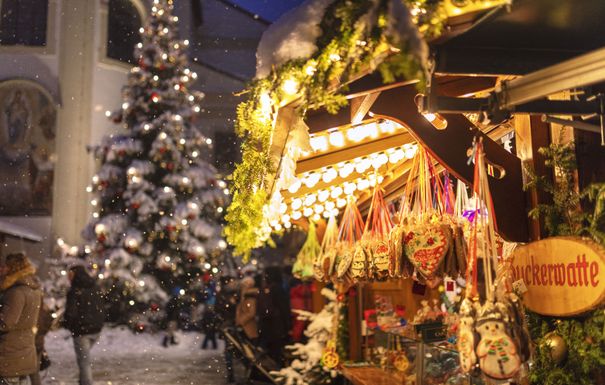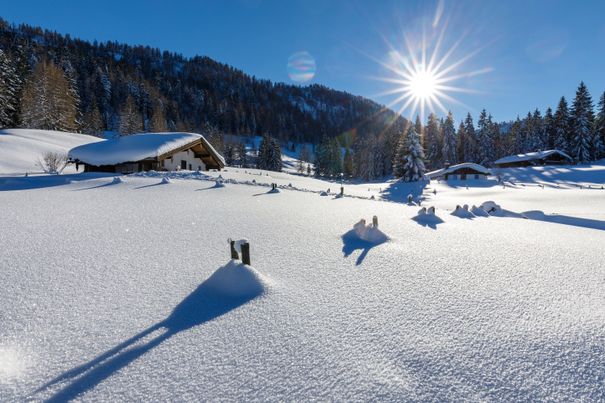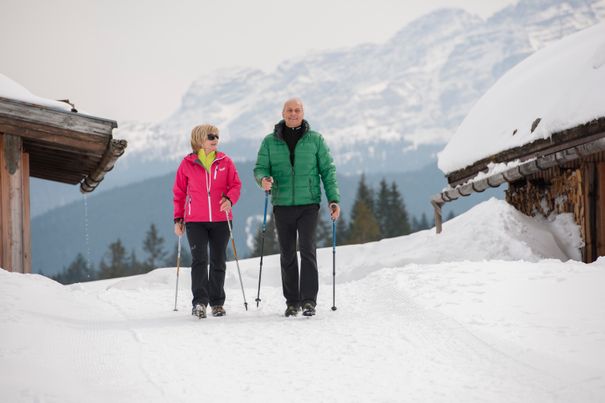Rough nights
The Rough Nights, also known as the "Twelve Holy Nights", are a mysterious and magical time between Christmas and Epiphany on 6 January. These twelve nights, which traditionally begin on 25 December and last until 5 January, are considered a threshold time when the boundaries between our world and the spiritual world become more permeable. This offers a unique opportunity for self-reflection, letting go and reorientation for the coming year.
Origin and meaning of the Rauhnächte
The tradition of the Rauhnächte dates back to Celtic, Germanic and Nordic customs , in which this time was seen as a special phase of transition. In the past, it was a time when rural life came to rest and people focussed on family, community and the divine. The twelve nights symbolise the months of the coming year, and each day offers an opportunity to "shape" the corresponding month spiritually and mentally.
Rituals and customs during the Rough Nights
There are numerous rituals and customs during the Rough Nights that serve to consciously bring the old year to a close and set a positive mood for the new year. The best-known rituals include
-
Incense burning: many people use the Holy Nights to cleanse their living spaces with fragrant herbs such as frankincense, sage or juniper. This incense ritual is intended to dispel negative energies and create a harmonious atmosphere.
-
Diary and dream interpretation: It is recommended to keep a diary and pay particular attention to dreams, as these are regarded as messages from the subconscious during the Holy Nights, which can give clues about the coming year.
-
Manifest wishes: Some people write their wishes for the coming year on small pieces of paper and burn a wish every evening without knowing which one it is. The last wish that remains is said to be the task that you must actively tackle yourself in the coming year.
The Rauhnächte in Chiemgau - a living tradition
In Chiemgau in particular, this ancient custom is still celebrated with devotion and deep respect. Here, burning incense in the house and yard is a firm part of the tradition, as is coming together as a community to celebrate the Rauhnächte and get in the mood for the coming year. In Chiemgau, where nature and ancient customs play a special role, the tradition of the Rauhnächte has been preserved in its original form. Families and friends come together to celebrate rituals, tell stories and experience this time of reflection together.
Events in Chiemgau during the Rauhnächte
Every year, special events are organised in Chiemgau for those interested to take part. For example, the guided Rauhnach hikes at the winter solstice in Reit im Winkl or the Ruhpolding Rauhnachtsmarkt. These events offer the opportunity to experience the tradition up close and to celebrate the mysterious atmosphere of the Rauhnächte together. Anyone who is interested in the magic of the Rauhnächte can become part of this special tradition and immerse themselves in the spiritual significance of this time.
How to celebrate the Rough Nights
Everyone can celebrate the Rough Nights in their own way, whether you want to immerse yourself in the ancient rituals or simply reflect in silence. It is worth creating little islands of peace during this special time, trying out rituals and consciously experiencing these magical nights. Use this time of the Rauhnächte to let go of the old, form new visions and enter the new year with renewed vigour.
Discover the power of the Rauhnächte and let yourself be touched by their magic - especially in the traditional atmosphere of Chiemgau!
